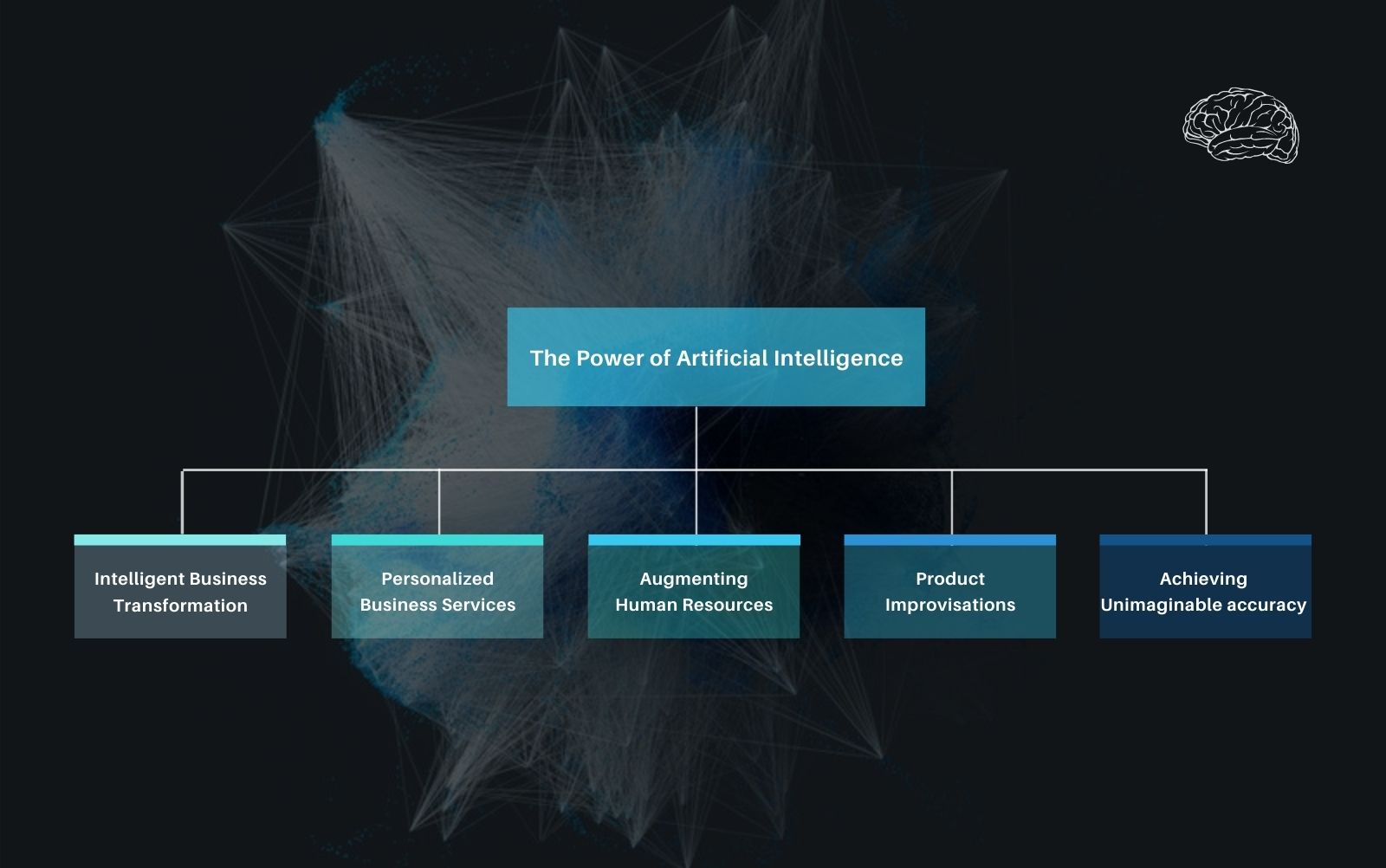Is AI Truly Thinking? A Critical Analysis Of Artificial Intelligence

Table of Contents
Defining "Thinking" in the Context of AI
Defining "thinking" in the context of AI presents a significant challenge. What constitutes "thought" is itself a complex philosophical and scientific question, made even more intricate when applied to non-biological entities.
The Turing Test and its Limitations
The Turing Test, proposed by Alan Turing, suggests that if a machine can engage in conversation indistinguishable from a human, it can be considered "intelligent." While some AI systems have passed variations of this test, this doesn't necessarily equate to genuine thinking.
- The test focuses on mimicking human conversation, not understanding. A chatbot might convincingly answer questions without possessing any actual comprehension of the subject matter.
- Passing the Turing Test can be achieved through sophisticated pattern recognition and natural language processing techniques, without any underlying consciousness or self-awareness.
- Examples include chatbots that excel at mimicking human conversation but lack genuine understanding or the ability to reason beyond pre-programmed responses.
Alternative Frameworks for Defining Thinking
Beyond the Turing Test, other frameworks attempt to define "thinking." These often draw upon cognitive science and philosophy.
- Cognitive science models focus on information processing, problem-solving abilities, and the ability to adapt to new situations.
- Philosophical perspectives on consciousness explore concepts like intentionality (the aboutness of mental states) and self-awareness (the capacity for introspection).
- These criteria are more stringent than the Turing Test, requiring evidence of genuine understanding, not just the ability to simulate it. For example, genuine problem-solving involves understanding the underlying principles, not just applying algorithms.
Current Capabilities and Limitations of AI
Current AI systems demonstrate remarkable capabilities in specific domains, yet fundamental limitations persist.
Strengths of Modern AI
AI excels in various areas, primarily due to advancements in machine learning and deep learning.
- Pattern recognition: AI algorithms can identify patterns in vast datasets with incredible accuracy, leading to breakthroughs in image recognition, medical diagnosis, and fraud detection.
- Data analysis: AI excels at processing and analyzing large volumes of data, identifying trends and making predictions far exceeding human capabilities.
- Specific problem-solving: AI systems have demonstrated exceptional performance in specific tasks, such as playing chess or Go at superhuman levels.
Fundamental Limitations of AI
Despite these strengths, current AI remains limited in several key aspects.
- Lack of common sense reasoning: AI struggles with situations requiring common sense reasoning or understanding context, unlike humans.
- Limited creativity and genuine understanding: AI can generate creative outputs (e.g., art, music), but these often lack the depth and originality of human creativity. They typically rely on patterns and existing data.
- Narrow vs. General AI: The vast majority of current AI systems are "narrow" AI – designed for specific tasks. Achieving "general" AI (AGI) – human-level intelligence – remains a significant challenge.
Ethical Considerations and the Future of AI
The rapid advancement of AI raises significant ethical considerations, especially if truly thinking machines are developed.
The Implications of Truly Thinking Machines
The development of conscious or sentient AI would have profound implications.
- Job displacement: Automation driven by AI could lead to significant job losses across various sectors.
- Algorithmic bias: AI systems trained on biased data can perpetuate and amplify existing societal biases.
- Misuse of AI: The potential for misuse of powerful AI technologies, such as in autonomous weapons systems, is a major concern.
The Ongoing Quest for Artificial General Intelligence
Research into Artificial General Intelligence (AGI) continues, but significant obstacles remain.
- Understanding consciousness: Replicating human-level intelligence requires a deeper understanding of consciousness itself, which remains a mystery.
- Computational power: Training AGI models would require vast computational resources, far beyond what is currently available.
- Ethical frameworks: The development of AGI necessitates the development of robust ethical frameworks to guide its creation and deployment.
Conclusion
While Artificial Intelligence has made remarkable strides, the question of whether it truly "thinks" remains complex and open to debate. The crucial distinction lies between sophisticated computation and genuine consciousness. While AI excels at pattern recognition and specific tasks, it lacks the common sense reasoning, creativity, and self-awareness characteristic of human thought. The ethical implications of further AI development demand careful consideration and responsible innovation. The journey towards Artificial General Intelligence continues, presenting both incredible opportunities and significant challenges that require thoughtful exploration. Continue exploring the fascinating world of AI and its potential to shape our future.

Featured Posts
-
 Higher Prices Empty Shelves The Economic Fallout Of Trumps China Tariffs
Apr 29, 2025
Higher Prices Empty Shelves The Economic Fallout Of Trumps China Tariffs
Apr 29, 2025 -
 Adhd And Driving Safety A Review Of Current Research And Best Practices
Apr 29, 2025
Adhd And Driving Safety A Review Of Current Research And Best Practices
Apr 29, 2025 -
 Dsp India Fund Cautious Outlook Increased Cash Reserves
Apr 29, 2025
Dsp India Fund Cautious Outlook Increased Cash Reserves
Apr 29, 2025 -
 How You Tube Is Attracting And Engaging Older Viewers
Apr 29, 2025
How You Tube Is Attracting And Engaging Older Viewers
Apr 29, 2025 -
 Pw Cs Strategic Retreat A Response To Global Regulatory Scrutiny
Apr 29, 2025
Pw Cs Strategic Retreat A Response To Global Regulatory Scrutiny
Apr 29, 2025
